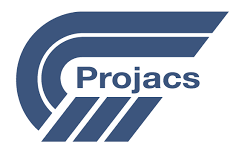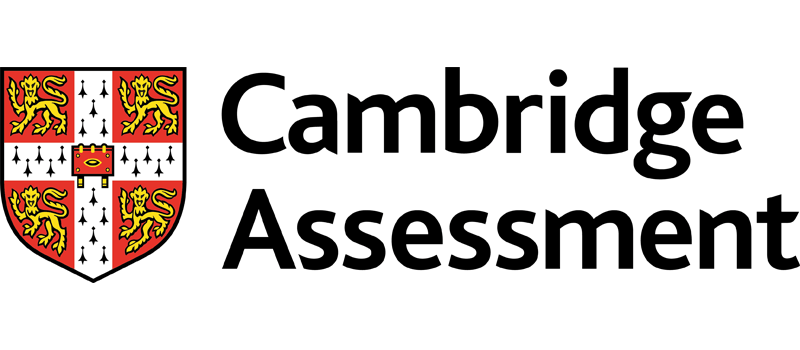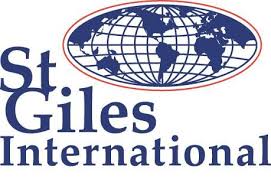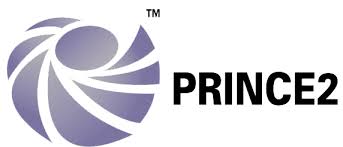Effective sales forecasting and planning are critical components of any business strategy, enabling organizations to predict future sales performance, allocate resources efficiently, and develop informed decision-making processes. This course is designed to provide participants with a deep understanding of sales forecasting techniques, data-driven sales planning, and strategic decision-making to optimize sales performance. By integrating both qualitative and quantitative forecasting methods, businesses can enhance their ability to anticipate market changes and drive sustainable growth.
Sales forecasting is not merely about predicting revenue; it involves analyzing market trends, customer behavior, competitive dynamics, and external economic factors to develop an accurate sales strategy. Companies that fail to implement robust forecasting models often struggle with inventory shortages, budget misallocations, and missed revenue opportunities. Understanding various forecasting techniques, such as time-series analysis, regression models, and AI-driven predictive analytics, is crucial in improving accuracy and mitigating risks.
Sales planning goes beyond just setting targets—it involves aligning organizational objectives with sales activities, ensuring that teams are well-equipped to achieve their goals. This includes developing sales strategies, setting realistic quotas, identifying potential obstacles, and implementing contingency plans. A well-structured sales plan helps businesses maintain operational efficiency, optimize resource allocation, and enhance overall profitability.
The integration of technology in sales forecasting and planning has revolutionized how businesses approach market predictions. The use of CRM systems, business intelligence tools, and machine learning models allows sales professionals to leverage real-time data for accurate forecasting. This course will explore the latest technological advancements and their role in improving sales forecast accuracy and operational effectiveness.
One of the biggest challenges in sales forecasting and planning is handling uncertainty and volatility in the market. External factors such as economic downturns, shifts in consumer behavior, and industry disruptions can significantly impact sales performance. Participants in this course will learn how to develop adaptive sales strategies that respond to market changes, ensuring resilience and competitiveness.
By the end of this course, participants will gain the knowledge and practical skills required to develop accurate sales forecasts and implement effective sales plans. Through case studies, hands-on exercises, and expert insights, attendees will leave with a clear framework for enhancing their organization’s sales processes and achieving long-term business success.




















































